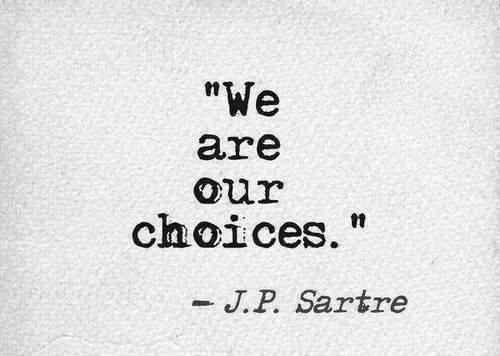Existential Thoughts Explained
Share:

Ever catch yourself thinking about doing something you know is completely wrong but just in that moment you felt as though it was an option? Don’t worry – we all have. They’re existential thoughts.
Everyone thinks about what it would be like to just push someone over right now or to drop your cat right out or your arms. These thoughts, although entirely awful, do not reflect you. They instead reflect more about the natural human condition. They don’t mean you should feel like you’re secretly a bad person.

Existential thoughts have been debated by philosophers for many years now, mainly European philosophers whose work revolves around what it means to be human. Søren Kierkegaard is widely believed to be the first existentialist, although he actually never used the term. Regardless, his view fits right in with what existentialism is all about: freedom and authenticity.
Kierkegaard and others, like Jean-Paul Satre, believed that those fleeting existential thoughts we have come from the immense freedom we have as humans. They believed we think about doing awful things not because we want to, but because we can. It is very literally the realm of possibility that comes with being human.

The part of existentialism that takes a bit more time to get your head around is the authenticity bit. This is where the philosophers get all philosophical – and where most of the disputes come from. Kierkegaard said that existentialism is also when a human being recognises that they themselves – not society or religion – have responsibility for all of their actions and for giving life meaning.
Existential thoughts are absurd, but they’re normal. And we hope you enjoyed learning a little bit more about them.
